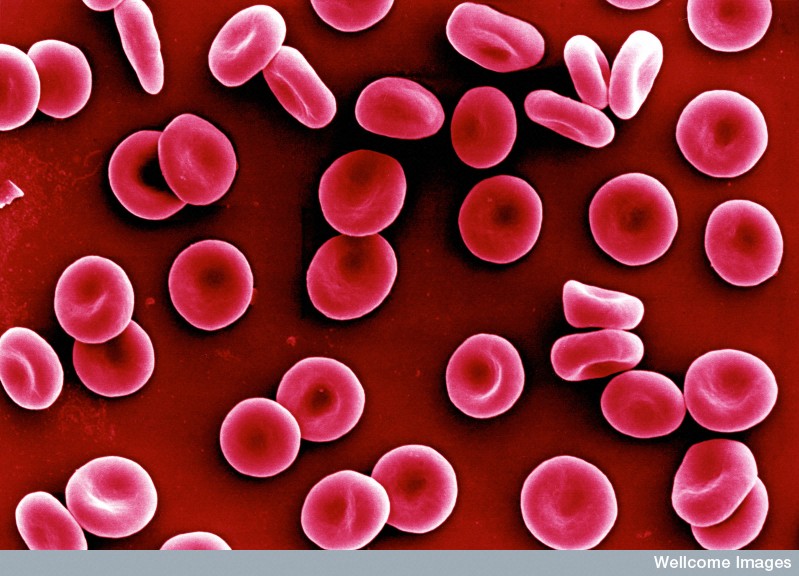Falciparum Haematology Study Group
Falciparum Haematology Study Group

Analysis of haematological response before and after antimalarial treatment.
The Falciparum Haematology Study Group was formed in May 2014, with an open invitation to interested researchers with relevant data sets. Data gathering, curation and data analysis have completed. A manuscript is under review of study group members and expected to be submitted for publication Q2 2020.
Artemisinin-based combination therapies (ACTs) have been adopted as the first-line antimalarial treatment in most malaria endemic countries, and have now become the mainstay for uncomplicated malaria treatment. ACTs have demonstrated high cure rates and because of their fast mode of action, achieve rapid parasite clearance. Malaria-associated anaemia is a complex phenomenon, related to increased red cell destruction and haemopoeitic suppression, compounded by nutritional status and helminth carriage. Different ACTs may produce a different response to anaemia but quantification of antimalarial-drug attributable fall in haemoglobin level following treatment of Plasmodium falciparum infections with different ACTs has not been evaluated widely.
Recent reports have described variable reductions in haemoglobin during recovery after treatment with different ACTs. There have also been reports of rebound anaemia following the use of artesunate monotherapy for severe malaria which have been attributed to the effect of artesunate on bone marrow. An understanding of the normal haematological response and recovery following the treatment of uncomplicated malaria is crucial if one is to quantify the risks and benefits of different treatment options of both ACTs and other antimalarials such as single dose primaquine.
- To quantify the reduction in haemoglobin associated with acute uncomplicated malaria before and after treatment
- To assess independent risk factors associated with anaemia at the start of treatment
- To assess risk factors associated with the development of anaemia during follow- up phase
- To assess the time to anaemia recovery after administration of different ACTs
- To assess the additional effect of single dose primaquine in patients receiving early primaquine treatment when applicable.
- Clinical efficacy studies of uncomplicated falciparum malaria:
- patients treated with either an ACT or non-ACT regimen
- haemoglobin (hb) or hematocrit (hct) or red blood count (RBC) measured on day 0 and subsequent visits
- Study meta-data as described in the Clinical Data Management and Statistical Analysis Plan
- Baseline data on patient age and gender
- Hb or Hct or RBC during follow up
- PCR genotyping results
- Mg/Kg dosing
- Weight of the patient
- Information on splenomegaly, hepatomegaly
- Malnutrition as gauged by weight and age +/- height
After upload to the WWARN Data Repository, WWARN will standardise data sets according to the WWARN Clinical Data Management and Statistical Analysis Plan and pool into a single database of quality-assured individual patient data.
Haematocrit measurements will be converted to haemoglobin using the formula: haematocrit= 5.62+2.60*haemoglobin. Fractional fall in haemoglobin will be defined as: (haemoglobin on day 0 minus haemoglobin on day 3, 7 or last day) divided by haemoglobin on day 0. Anaemia will be defined as haemoglobin <10g/dL and severe anaemia as haemoglobin <7g/dL.
The time to haematological recovery will be assessed in a variety of subgroups. Normal haemoglobin values for each sub-group will be determined and this value will be used to calculate the fractional fall in haemoglobin before and after treatment. In particular the role of early administration of a single dose of primaquine and its effect on increasing haemolysis will be reviewed in a subset of patients with primaquine treatment.
The haematological recovery in patients treated with ACT and non-ACT treatment will be compared after controlling for known confounding factors.
The Study Group comprises participating investigators who contribute relevant data sets to the pooled analysis. Data sets will remain the property of the investigator. The Study Group collectively makes decisions with respect to including additional studies, data analysis and plans for publication, in line with the WWARN Publication Policy of April 2019. The Study Group will identify one or two people to coordinate activities including data analysis, and drafting of publications and reports for group review. The WWARN statistician(s) will be responsible for statistical analyses.
For further information, please email: wwarn@wwarn.org

